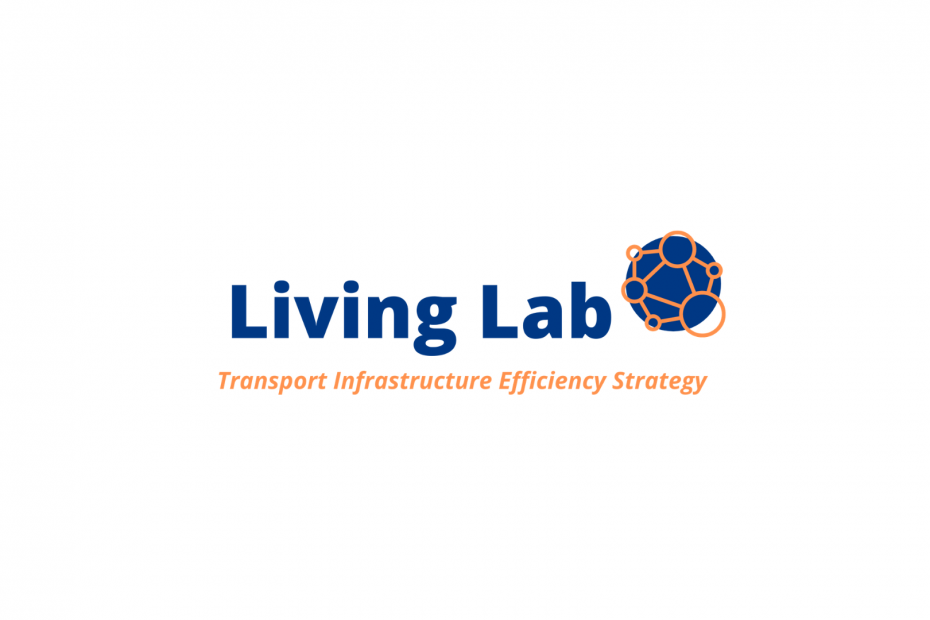A new programme designed to drive innovation across major infrastructure projects in the UK, has been launched by Minister of State, Andrew Stephenson.
The ‘Transport Infrastructure Efficiency Strategy Living Lab’ (TIES Living Lab) is a transformative collaboration aimed at harnessing the vast quantities of intelligence that UK infrastructure projects generate, that can help identify modern methods of construction – driving down delivery times, reducing our carbon footprint and improving safety and skills for construction workers.
Over the next two years the partnership will invest more than £16 million in new tools, processes and data systems – bringing together infrastructure and industry leaders with business and academic institutions to build on, and establish, best practice in the way we design, build and integrate innovations within transport assets.
In his keynote address, Minister Stephenson highlighted the need for a laser-like focus on ensuring infrastructure investment is used to its full potential.
Minister of State Andrew Stephenson said:
“As we begin our green recovery from the coronavirus pandemic, the need to level-up our country and boost economic prosperity has only increased – and we are determined that we don’t just rebuild, we rebuild smarter.
“The Living Lab is a great opportunity for industry and academics to work together to embrace new, more productive, more efficient and more sustainable ways of delivering transport infrastructure.”
“Some transport projects are already applying these efficiency-boosting techniques including work underway to explore how digital technologies could support improvements to the A19 near Newcastle and on the A12 in Chelmsford.
“Meanwhile, suppliers working on redevelopment projects, like at Gatwick Train Station, are trying out new techniques should help cut carbon emissions and set new delivery standards.
“By identifying and tackling systemic issues that obstruct the innovations in construction, this first-of-its-kind programme, will be a catalyst for cultural change.
“It comprises of 31 strategic partners (including 25 consortium members), which include Government, i3P, the Construction Innovation Hub, Centre for Digital Built Britain, the Construction Leadership Council and the Environment Agency. NSAR is the Lead Partner and responsible for Programme Management. It will be looking closely at the data collated and produced by the Lab to understand what this means for people and skills.”
